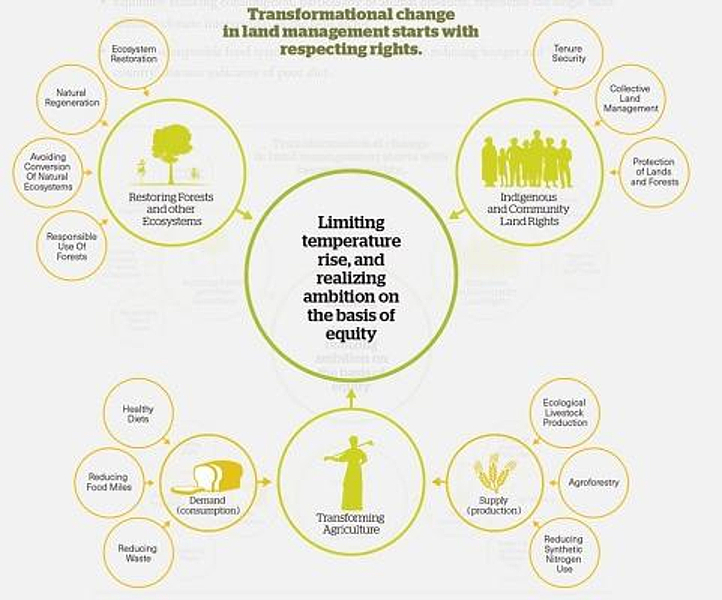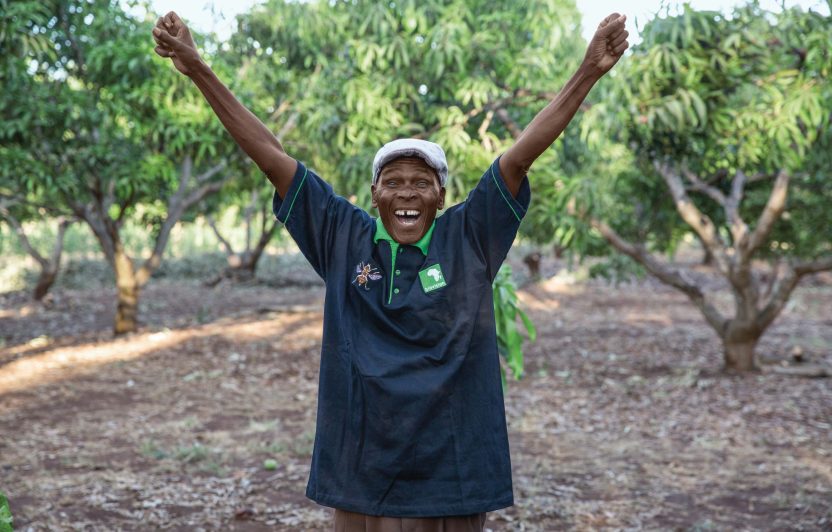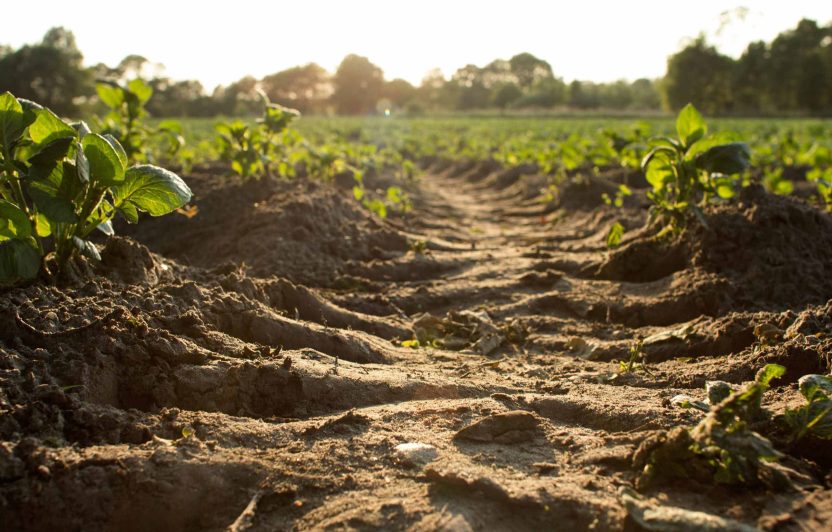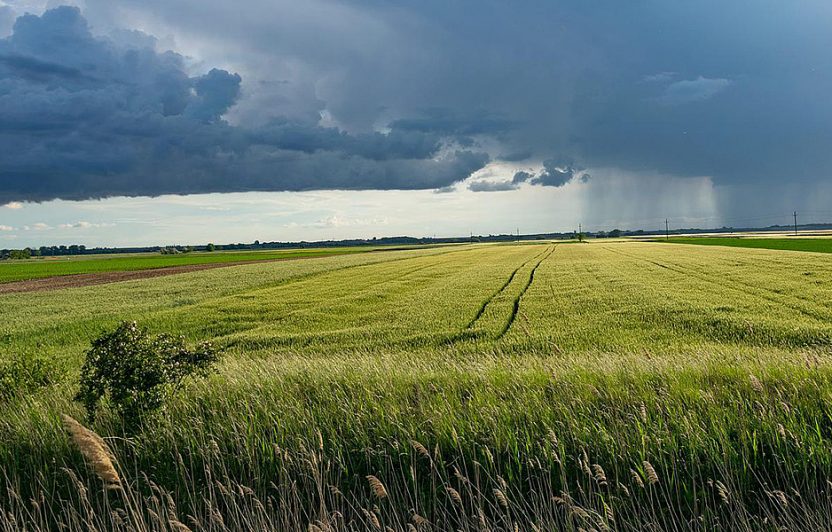
In the latest UN climate report entitled “IPCC Special Report on Global Warming of 1.5 o C, Summary for Policymakers”, more than 6,000 climate scientists have stressed – with unprecedented vehemence – the importance and urgency of action if the world is to limit average global warming to 1.5 °C.
Agriculture and forestry must be included
If this goal is to be achieved, strenuous efforts are required at all levels. However, measures for agriculture and forestry are either underrepresented in the report or are not covered in an integrated way. In particular, the report takes too little account of the possible synergies that would arise if ecosystem-based approaches such as agro-ecology and agro-forestry were further strengthened (see also the IAASTD Report of 2008).
CLARA Report fills the gaps
The CLARA Report clearly demonstrates what could be achieved in the fields of agriculture and forestry and how cost-effective such action would be in reducing emissions and increasing resilience. Moreover, the agro-ecological methods that Biovision and its partners have always encouraged are cited as important measures in the report.
Change of course particularly necessary in Africa
The relevance of such a fundamental shift to more integrated and sustainable food systems was made abundantly clear to Biovision last week in Kenya at the 7th Conference on Climate Change and Development in Africa.
This drastic prediction was made by Sudan’s ambassador to the UN Lumumba d’Aping and refers to the immense challenges facing Africa and its agriculture as a result of the already unavoidable global warming of 1.5°C and demonstrates the urgency of the issue.
The CLARA Report identifies the levers that already exist in the food system and which would limit global warming to a level that is just about manageable and minimise the risk of the most catastrophic effects occurring. Biovision is active locally and is engaged in activities with farmers in the field and at the wider political level.





